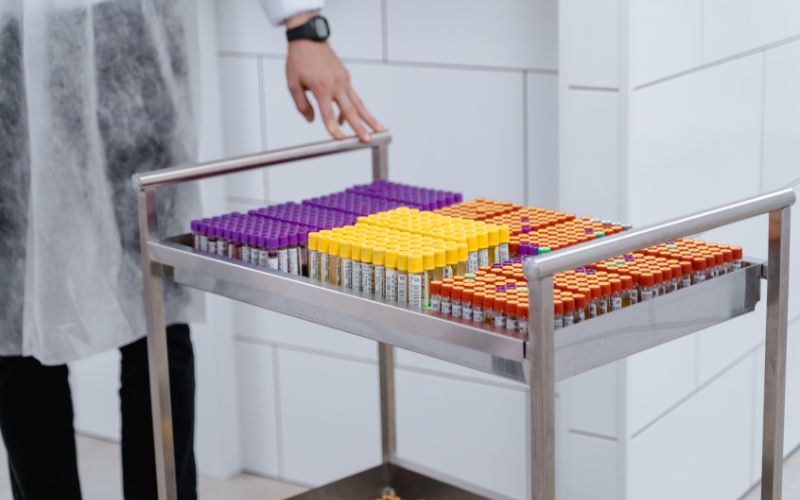
The Falsified Medicines Directive and Packing Regulations
The Falsified Medicines Directive (FMD) is an important EU regulation designed to protect consumers from falsified medicines. It introduces a series of safety features that must be included in prescription medicine packaging in order to ensure the authenticity and quality of the products. This article will explain what FMD is, why it is important, and how it affects packing regulations.
What is the Falsified Medicines Directive?
The FMD was introduced by the European Union in 2011 as part of its effort to protect consumer safety. It requires that certain safety features be included on all prescription medicines sold in EU member states, including two-dimensional barcodes, tamper-evident seals, and unique identifiers. These features allow authorities to verify the authenticity and traceability of the product.
Why is the FMD Important?
The FMD helps reduce the risk of counterfeit medicine entering circulation across Europe. Ensuring that all medications sold within EU member states comply with these regulations helps protect consumers from potentially dangerous falsified products. Additionally, it ensures that medications are properly tracked through their supply chain so that any problems or issues can be identified quickly and easily. This helps improve patient safety while also promoting public trust in medical products.
How Does It Affect Packing Regulations?
The introduction of the FMD has had a significant impact on drug packaging regulations within Europe. All prescription medication must now include certain safety features such as tamper-evident seals, 2D barcodes, or unique identifiers – depending on their location within the supply chain – in order to comply with the directive. Additionally, manufacturers must also ensure that their packaging complies with other relevant regulations, such as those relating to child-resistant closures and environmental protection measures.
The introduction of the Falsified Medicines Directive has been instrumental in protecting patients from falsified medicines by introducing a series of new packaging regulations across Europe. These regulations include tamper-evident seals, two-dimensional barcodes, and unique identifiers that help authorities track medications through their supply chains while also verifying their authenticity upon arrival at pharmacies or other dispensing points. By complying with these stringent regulatory requirements, pharmaceutical companies can ensure they are providing safe and quality products for consumers everywhere.



